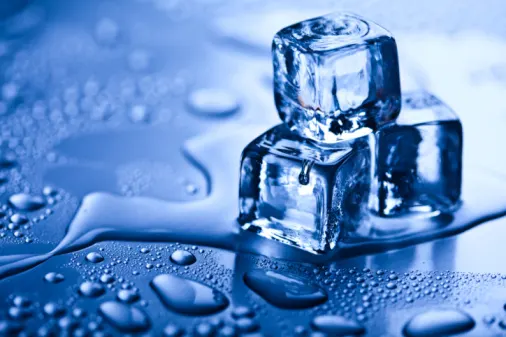
North Pole doesn't have enough ice for its ice festival
North Pole is out of ice.
That's the word from Alaska, where an ice carving festival in the town of North Pole, about 22 km southeast of Fairbanks, has been cancelled this year thanks to a lack of the main ingredient.
For the first time in 14 years, officials say there isn't enough ice on local ponds to harvest for carving.

A mild fall is partly to blame for lack of ice. Under the influence of a massive, resilient ridge of high pressure and the infamous Pacific 'blob', temperatures in Alaska's interior -- like those in adjacent northern B.C. -- have been running 5 to 10 degrees Fahrenheit above average since September. According to Rick Thoman, a climate specialist at the International Arctic Research Center in Fairbanks, the lowest temperature recorded in North Pole in October was 14ºF. That's the warmest low seen for the month since records began 50 years ago.
"The warm oceans and the lack of sea ice are contributing an immense amount of heat to the atmosphere regionally, and so it's no surprise that we had a warm October," Thoman told The Seattle Times.
The blob, an ocean temperature anomaly, started to develop back in September of this year, influencing fall temperatures along the west coast from Alaska to Mexico.
Image courtesy NOAA.
While temperatures have dropped to ice-friendly levels at times, Thoman said most of the cold weather has been accompanied by snowfall, which is actually bad for ice formation. Fresh snow is a good insulator for the ground, acting as a kind of warm blanket for the surface.

Temperature anomaly map from October. Image courtesy Weather Bell.
Thoman emphasized that while the single event isn't attributable to climate change, the pattern could be related.
"Is it caused by climate change? No," Thoman said to the Times. "Is this another one of a series of warm winters in Alaska that are part of our changing climate? You bet."
Sources: NWS | Seattle Times | NOAA |